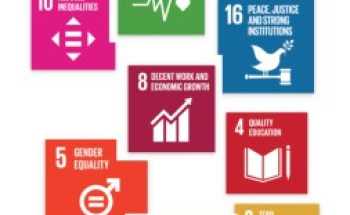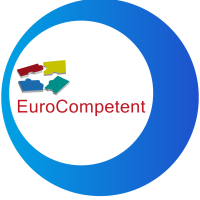
Do‘s and Don'ts in developing/using a humor philosophy or strategy in teaching
The course is based on addressing advantages and disadvantages of using humor as a teaching tool
Description
Humor is a teaching tool that can create a more positive, fun, interesting environment that promotes class attendance and student learning. Some misunderstandings about the use of humor in the classroom continue to exist. These include 1) humor is telling jokes or physical comedy, 2) educators should not try to use humor because they don't have anything humorous to present or they lack training on the use of humor, and 3) humor wastes precious classroom time and is demeaning to the profession. We aim to reveal some very real benefits of using humor in the classroom. Some of the do's and don'ts, advantages and disadvantages of developing/using a humor philosophy or strategy in teaching will also be addressed and discussed.
Engagement of the students in this process demands effective, creative, and interesting teaching. Students are intrinsically motivated and perform better only in the tasks they find enjoyable. A possible way to achieve this aim is to add the element of humor in the tea
Learning objectives
- Distinguish various kinds of strategies to use humor as a teaching tool
- Identify principles and models of using humour in the classroom (Joke of the Day, Playing Mad Libs, Comic Strips; Inserting Pop Culture IntoTeaching)
- Identify advanatages and disadvantages of using humor in the classroom , i.e, use humor effectively
- Use personal experience to design entirely new personalized activities/materials to apply humor as a teaching strategy
- Exploit the possibility of using new teaching models to spread or reinforce values in communities and society.
- Humor as an element of intrinsical motivation
- Use tools to create humor- based activities in different types of classes
- Know the risks of using humor as a teaching strategy
Methodology & assessment
Assessment will be carried out prior to the course by means of analysis of participants’ interests, and designing learning scenarios for the particular class each participant works in.
Materials, digital tools & other learning resources
Materials include articles. worksheets, copies of introduced good practice examples, video materials, presentations and links to useful
Certification details
The certificate of attendance issued by the provider contains duration of the course, number
of lessons attended, topics covered, skills and competencies obtained, name and reference
number of the project, location, name of the expert in charge, signature of the legal
representative of the provider and stamp..
If requested - a Europass Mobility Certificate will be issued.
We provide participants with help in completing Learning Agreements, as well as any documents necessary for their organisations
Pricing, packages and other information
-
Price:400Euro
-
Course package content:
The indicated price covers only course fee, intercultural activities and tickets will be arranged with participants on their demand and needs.
-
Additional information:Description of the services and activities included in the course package (such as accommodation, meals, transport) or available at extra cost.
-
Cancellation & changes:
Free cancellation can be accepted at least 4 weeks before the course or in the case of force mayor.
-
Additional information:The options and conditions for change and cancellation, and the policy in case of unforeseen circumstances (force majeure).
Additional information
-
Language:English
-
Target audience ISCED:Primary education (ISCED 1)Lower secondary education (ISCED 2)Upper secondary education (ISCED 3)
-
Target audience type:TeacherCareers CouncillorHead Teacher / Principal
-
Learning time:25 hours or more
Upcoming sessions
Past sessions
More courses by this organiser

Sustainable development goals and active citizenship

How students learn - What can Neuroscience Teach Us about Teaching?



